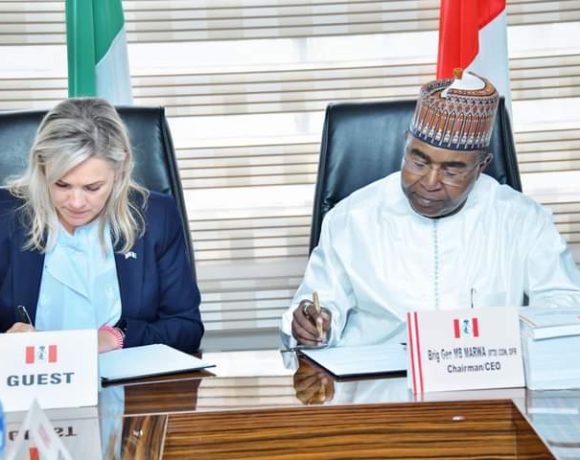Tinubu Moves to Improve Identity Verification for Nigerians Seeking Foreign Visas
Why Visa Policies Are Changing
The United States and the United Arab Emirates (UAE) have recently updated their visa requirements for Nigerians, citing identity verification concerns and overstay issues.
Last week, the U.S. downgraded most non-immigrant visas issued to Nigerians—from multiple-entry, multi-year visas to single-entry, 3-month visas. U.S. officials explained this was due to:
High rates of Nigerians overstaying their visas, and
Difficulty accessing applicants’ identity records from Nigerian agencies.
In a similar move, the UAE has halted all transit visas for Nigerians and now restricts tourist visas for solo travellers aged 18–45. Nigerians aged 45 and above must show six months of personal bank statements with a minimum monthly balance of $10,000.
Tinubu’s Response: A New Verification System
To address these issues and protect Nigerians abroad, President Bola Tinubu has directed all federal agencies to improve identity verification processes for citizens applying for visas.
“All MDAs must ensure full compliance with Nigeria’s international obligations and support foreign embassies with real-time access to verify passports, biometrics, and criminal records,” the Presidency said.
Agencies such as the Ministry of Foreign Affairs, the Ministry of Interior, and the Ministry of Communications have been tasked with creating a single verification window for foreign consulates. This move aims to:
Prevent delays in visa approvals,
Reduce suspicion from foreign governments, and
Protect Nigerians’ reputation abroad.
“Nigeria must rise to meet global standards of identity verification and travel compliance—not only to protect our image abroad but to empower our citizens to move freely, work, and thrive with dignity.” — Presidency Statement on Foreign Visa Policy Reforms.
What You Should Do as a Nigerian
If you’re planning to travel, work or study abroad, here are practical steps to benefit from this new directive:
1. Ensure Your Documents Are Authentic
Avoid using fake certificates or forged travel papers. This not only affects your personal application but damages Nigeria’s global image.
2. Use Government-Approved Channels
Apply for passports and background checks only through official platforms like:
Nigeria Immigration Service (NIS)
National Identity Management Commission (NIMC)
Ministry of Foreign Affairs portals
3. Avoid Visa Overstays
Stick strictly to the validity period of your visa. Overstaying can lead to future travel bans or stricter entry requirements.
4. Respect Local Laws Abroad
Comply with the laws of your host country and stay informed about visa requirements before travelling.
5. Follow Updates from the Presidency or NIDCOM
Stay connected with verified government sources like the Nigerian Diaspora Commission (NIDCOM) for updates on new travel regulations.
Nigeria’s Promise to Citizens Abroad
President Tinubu reaffirmed his commitment to ensuring dignity for Nigerians wherever they go. He assured that the government is working to protect citizens and restore trust with countries like the U.S. and UAE.
“Nigerians will continue to travel, work and live with dignity and respect anywhere in the world,” the Presidency stated.
While the new visa restrictions may seem like a setback, they are an opportunity for Nigeria to improve its global standing by upgrading identity verification systems. If Nigerians follow the right processes and comply with visa rules, future travel can become smoother and more dignified.











